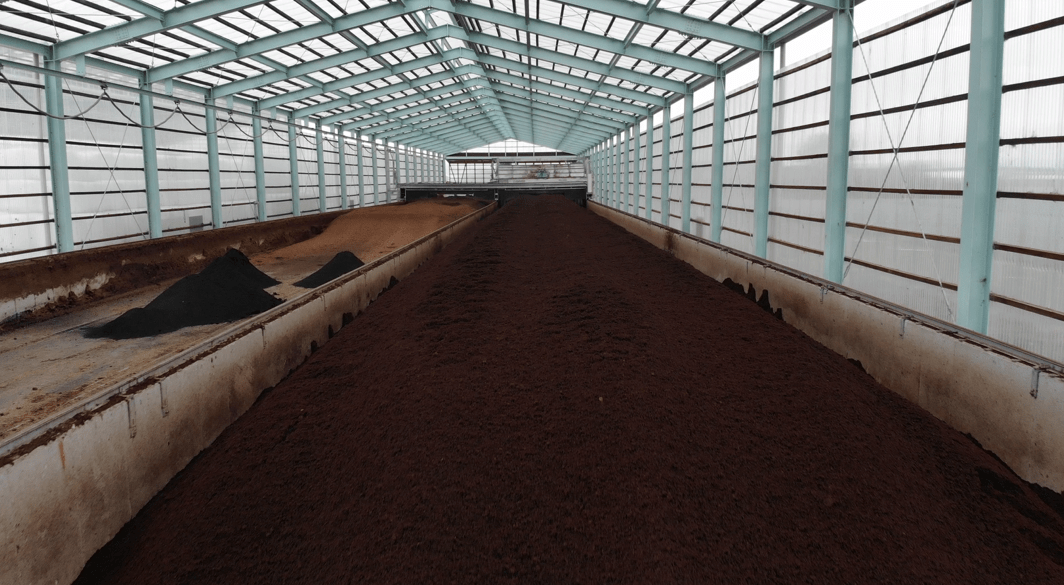



How to keep your farm clean through aerobic composting
Farm hygiene depends on proper waste management - composting could be your solutionManure treatment challenges
Managing animal waste is one of the biggest challenges in livestock and poultry farming. Without proper treatment, manure can create bad odors, attract flies, spread disease, and pollute water sources. But with the right method, waste can be turned into something valuable – while keeping the farm clean and safe. One of the most effective ways to do this is through aerobic composting.
What is aerobic composting?
Aerobic composting is the process of decomposing organic waste, like manure, in the presence of oxygen. Microorganisms break down the material and generate heat, which helps kill harmful bacteria, viruses, and weed seeds. This process turns raw manure into stable and odor-free compost that can be used as organic fertilizer.
Why farm hygiene depends on proper waste management
Manure that’s left untreated on the ground or stored in open piles can quickly become a serious hygiene problem. The strong odor spreads easily, affecting both farm workers and nearby communities. At the same time, the moisture in fresh manure attracts flies, insects, and rodents, increasing the risk of infestations. Even more concerning, raw manure can carry harmful bacteria and pathogens that may infect both animals and humans. When it rains, these contaminants, along with excess nutrients, can be washed into nearby rivers or groundwater, leading to environmental pollution. Proper aerobic composting helps prevent all of these problems by transforming raw manure into a stable, safe material – keeping the farm cleaner, healthier, and more sustainable.
How aerobic composting keeps the farm clean

Aerobic composting offers several key benefits that directly support hygiene and cleanliness on the farm. First, it significantly reduces the volume of manure, making storage and handling much easier. When the process is well-managed with enough oxygen and proper mixing, it also controls odors by preventing the smelly, low-oxygen conditions that occur in untreated piles. Another major advantage is the elimination of pathogens—composting generates heat that destroys many harmful microbes, lowering the risk of disease transmission. Because composted manure becomes dry and stable, it doesn’t leach harmful substances into the soil or nearby water sources, helping to prevent runoff and contamination. Finally, by removing odors and messy waste buildup, composting greatly improves working conditions for both farm staff and animals.
Making aerobic composting easier with the right equipment
When dealing with manure on an industrial scale, it's important to ensure the process is efficient and manageable – especially when handling tons of waste every day. This is where automated composting systems provide real value. Our composters are specifically designed to handle the key challenges of manure treatment, offering reliable performance with simple, user-friendly operation. No technical background or additional staffing is needed. Maintenance is simple and cost-effective. Backed by Japanese quality and over 50 years of experience, these systems offer a practical solution for farms looking to improve hygiene and manage waste more effectively.
A clean farm is a productive farm
Good hygiene is not just about appearances – it affects animal health, farm productivity, and the surrounding environment. Aerobic composting is one of the most natural and effective ways to manage manure, control odors, and reduce disease risks. By turning waste into fertilizer, farms can close the nutrient loop and improve sustainability at the same time.









